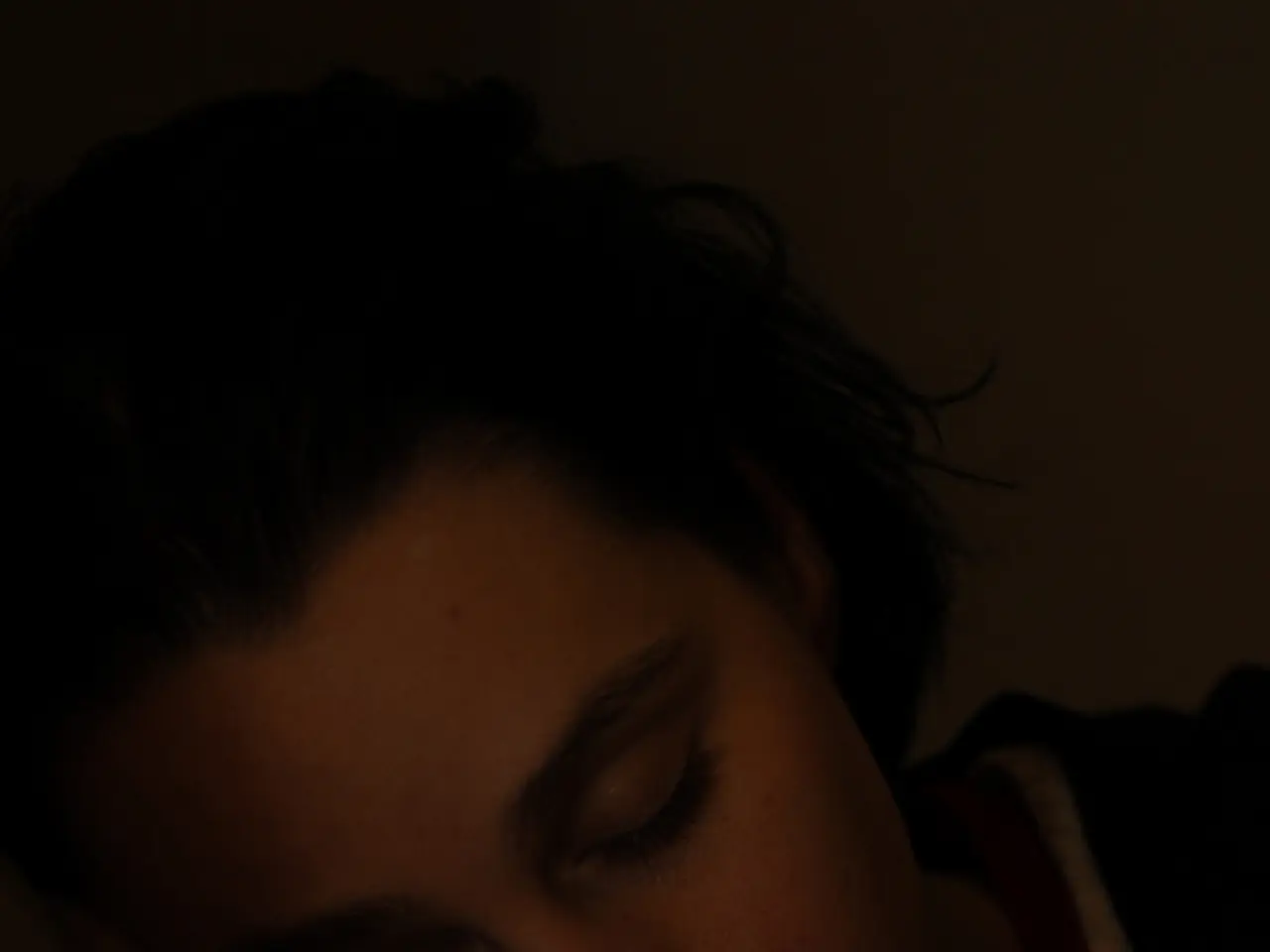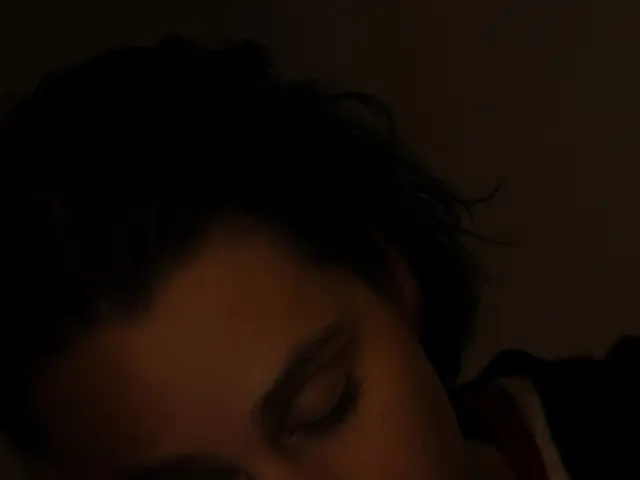Insomnia: CBT-I Offers Long-Term Relief, Lifestyle Changes Boost Sleep
Insomnia treatment varies based on personal preferences and root causes. Long-term solutions often involve cognitive behavioral therapy, while short-term relief may come from medications or lifestyle changes.
For lasting improvements, cognitive behavioral therapy for insomnia (CBT-I) is recommended. It targets root causes without medication risks. Other behavioral therapies, like sleep restriction and light therapy, can also help. Medications, including over-the-counter antihistamines and melatonin, can aid sleep onset but aren't suitable for long-term use. Lifestyle factors, such as regular exercise, balanced diet, and avoiding stimulants like caffeine and nicotine, can enhance sleep quality. Maintaining a consistent sleep schedule and reducing stress also play a role. Relaxation techniques and cognitive restructuring can create a sleep-conducive environment.
Insomnia treatment combines behavioral therapies and lifestyle changes for long-term success. Medications can provide short-term relief but should be used cautiously due to potential side effects and dependency. Consulting a healthcare provider ensures the best approach tailored to individual needs.








